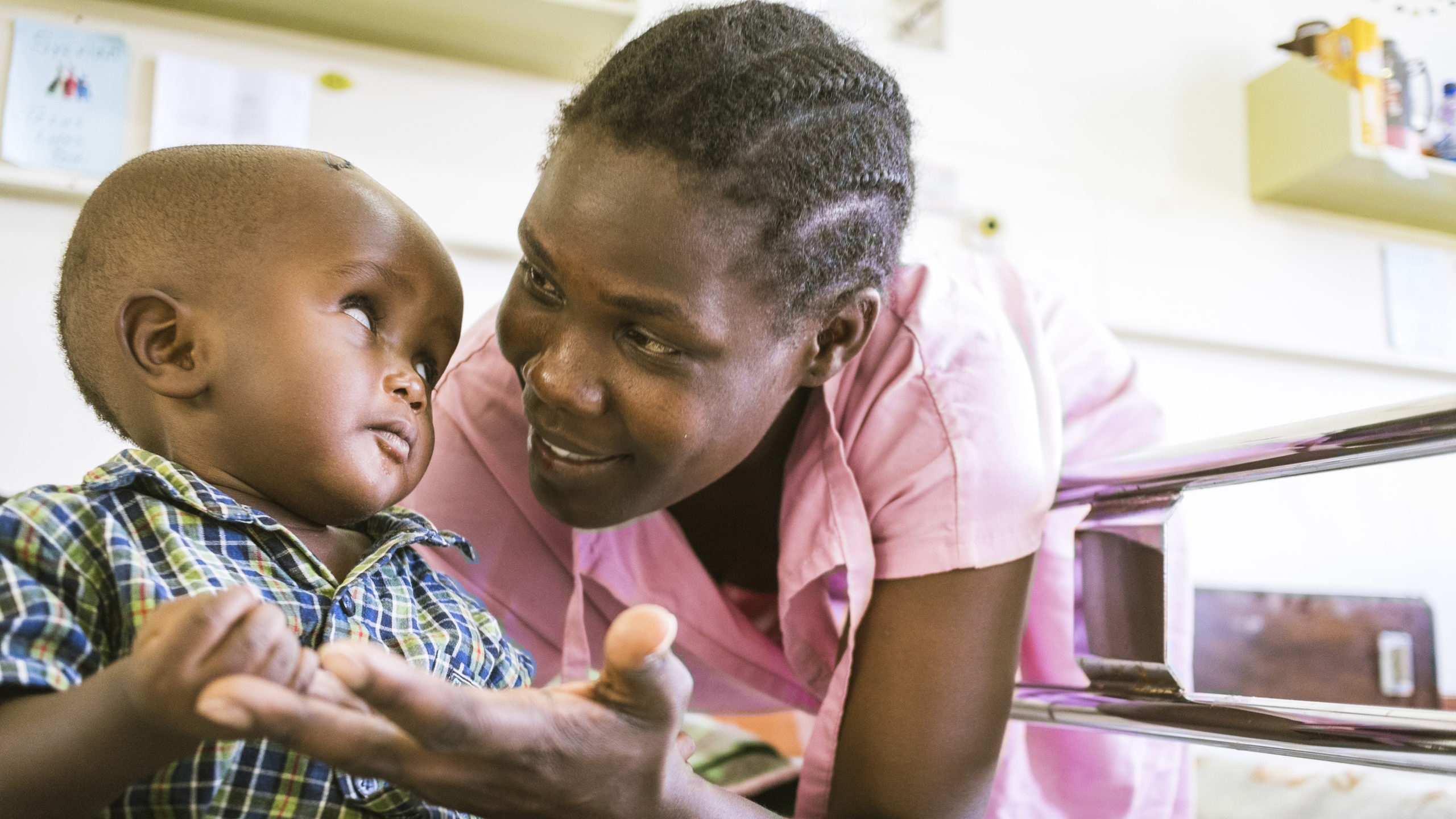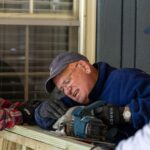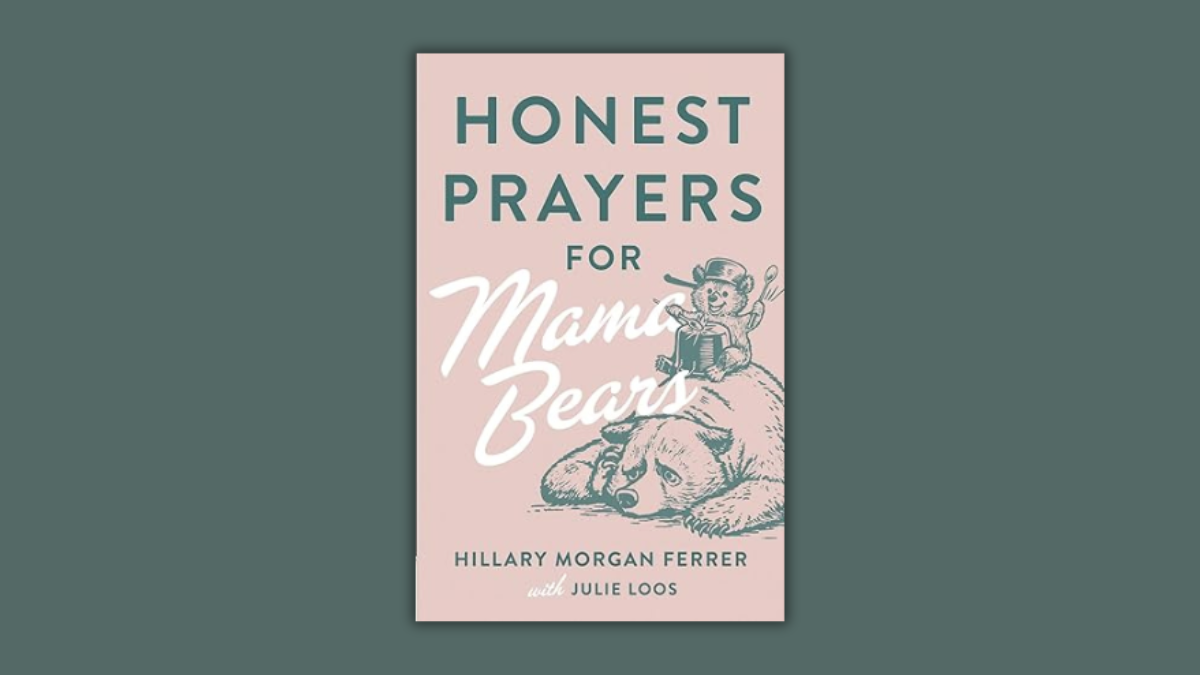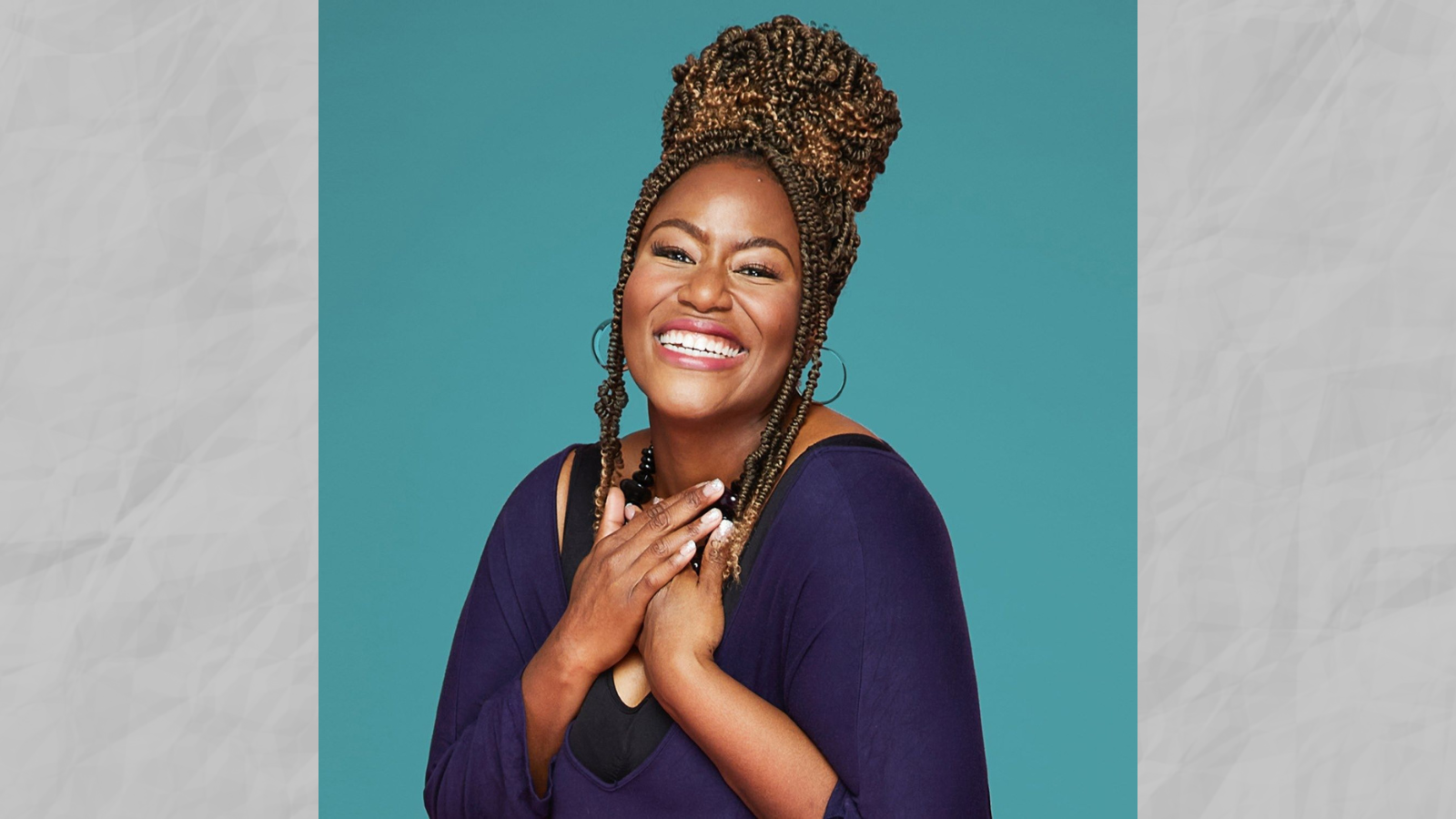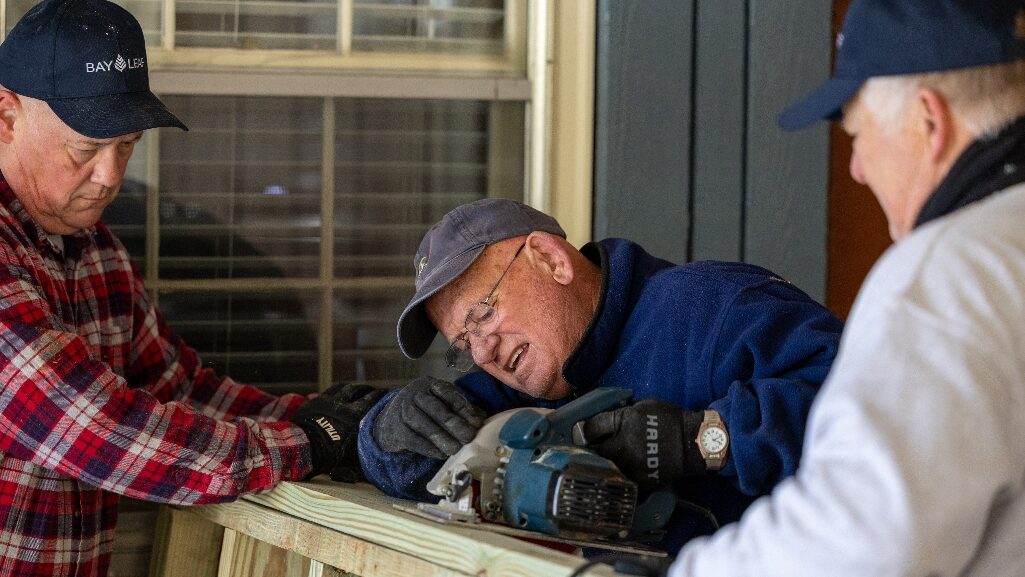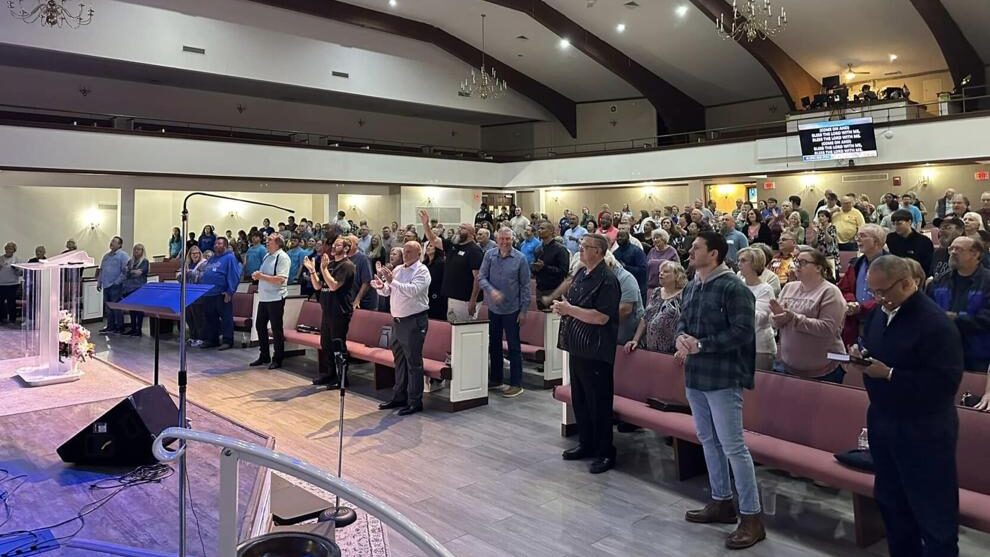It’s been about 20 years since the work of an American surgeon in East Africa provided the inspiration behind an initiative to help alleviate the suffering of children with major medical needs.
The surgeon worked in Africa in the 80s and 90s and stressed the need for qualified medical missionaries to assist children born with complex conditions that require early surgical intervention, explained Peter Lublink, executive director of the nonprofit BethanyKids.
BethanyKids came out of that experience and currently exists as a group of Christian medical professionals working to transform the lives of African children and their families through surgery, education, ministry and training health professionals.
Transforming lives
“If you gave them surgery early, the whole course of their life would be transformed,” Lublink said.
BethanyKids trains pediatric surgeons from across Africa, who then go back to their home communities where BethanyKids continues to provide support.
“Whatever the family can pay or if there’s a national insurance plan they can afford, great! They’ll pay for it. But whatever they cannot afford, we pick up the difference,” Lublink said. “The bottom line is that we don’t want any child to be denied care because he can’t afford it.
“We try to make sure that by saving one child’s life, we are also transforming that child’s life and that child’s community.”
BethanyKids doesn’t try to fit the needs of a community or family into what they already offer. Instead, they work to meet needs that are discovered.
“I would say we are very ‘people centric,’” Lublink explained. “When surgeons are trained and return home, we really depend on them and their local expertise to shape any program. So our program in Ethiopia and our program in Sierra Leone is going to look very different.
“Our goal is to invest in those surgeons to make sure they are well-trained, offered continued training, fairly compensated, and then from there, if they have program initiatives they want to launch, we do whatever we can to back those.”
Partnering with others in-country
Lublink shared how one Zambian surgeon said his government will pay the full cost of surgery expenses, but they don’t cover diagnostic tests. A family has to wait months to confirm that their infant has a congenital challenge that, if treated sooner, would have been a less extensive and safer surgery. Beginning in 2021, BethanyKids is covering the costs of the diagnostic testing in Zambia for children.
Lublink contrasted Zambia with Kenya. BethanyKids discovered a residential school with 300-plus orthopedically challenged students, all using wheelchairs, crutches or other assistive devices. The BethanyKids surgeon said there were no medical professionals, wheelchair technicians, nurses or therapists.
After providing trained personnel in those areas, they saw the school also didn’t have wheelchair-accessible washrooms, so they renovated those.
Furthermore, each “house mother” cared for around 40 students, most with incontinence issues. Laundry, showering and personal care were overwhelming.
BethanyKids hired two laundry professionals and bought equipment to run a laundry facility in an empty room in the school, freeing up about 30% of the house-mothers’ work, allowing them to focus on the well-being of children.
Meeting one other need in that Kenyan school involved God’s intervention.
From patient to manager
Years before, a Samburu native (nearby and similar to the Masai tribe) was born with spina bifida. Believing she was a curse, her family tried to poison her. She spent her life with other family but was always soaked in her own body fluids due to incontinence related to her condition. She later wished they had killed her, and tried to poison herself, but it didn’t work.
Through God’s providence, she got connected to a church that introduced her to the BethanyKids’ founder, who helped her get surgery and the continence training she needed.
Now she runs continence management at that school, sharing what she has learned with others.
“It’s easy to forget about the needs of children, to not notice that this is transformative when it’s on the other side of the globe,” Lublink noted. “I’m hoping to identify churches and bodies of believers who will align themselves with this mission and help support these local missionary surgeons transforming the lives of children and families.”
He reflected on the old model of churches having a bulletin-board, highlighting missionaries they aligned with, prayed for and supported. His hope is that churches would be willing to support these missionaries with a deeper relational connection through BethanyKids.
“We want long-term partners … participants and not just check-writers,” Lublink said.
“We are very much a missionary organization. The difference is that instead of sending, we are locally equipping. When we say we’re Bible-believing and we’re faith-based, at the heart of it is that we try to emulate His love for us to the people around us.”
To hear a podcast interview on BethanyKids by TAB Media, click here. For more about BethanyKids and how to partner with them, visit www.BethanyKids.org.

